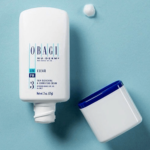Regularly applying sunscreen is essential for protecting your skin from the harmful effects of sunlight, including skin cancer. Understanding the consequences of not using sunscreen regularly can help you make an informed decision about your skincare routine:
1 Development of Dark Spots or Moles
Extended exposure to sunlight can lead to the development of dark spots or moles on the skin. These spots often come with itching, irritation, and pain.
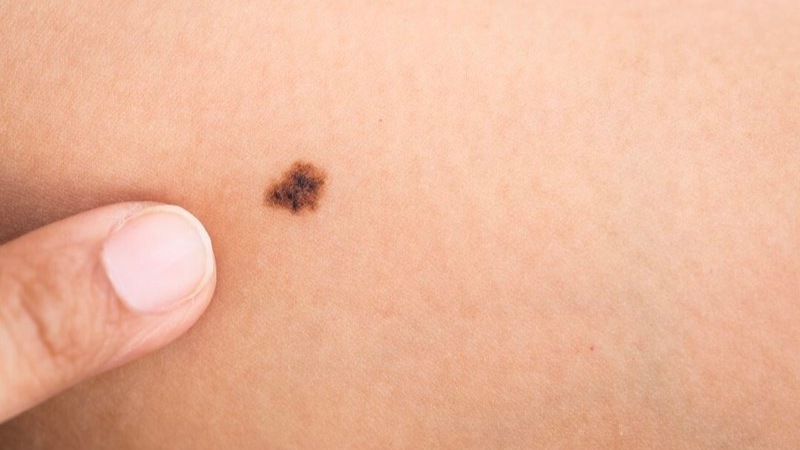
Dark spots
2 Premature Aging
Failure to use sunscreen allows UV radiation to damage collagen and connective tissues in the skin, leading to the loss of elasticity and the appearance of wrinkles, sagging, and premature aging in young individuals. A study conducted by the Australian National Health and Medical Research Council also found that regular sunscreen use can control the aging process in healthy middle-aged men and women.
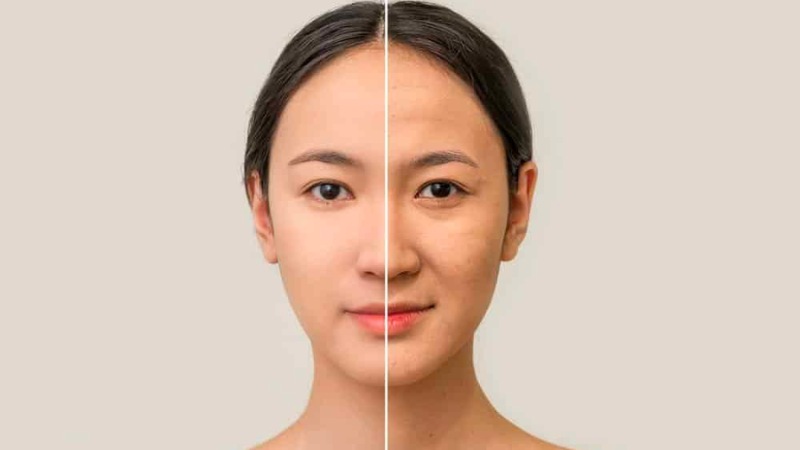
Premature aging
3 Uneven Skin Tone
Prolonged sun exposure triggers the production of excessive melanin, resulting in dark spots and an uneven skin tone. A study conducted by the Maulana Azad Medical College and Hospital (Delhi) showed that regular sunscreen use is highly effective in preventing sun-induced aging and abnormal pigmentation.
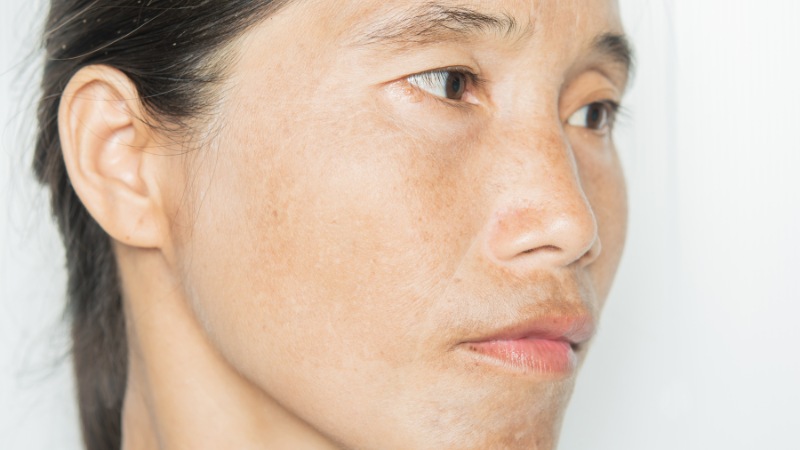
Darkening of the skin
4 Sunburn
Sunburn occurs when the skin is excessively exposed to the sun’s UV rays. It manifests as red patches, heat, pain, swelling, and blistering. Regular sunscreen use significantly reduces the incidence of sunburn, as concluded in a study on adolescents.

Sunburn
5 Skin Cancer
UV radiation damages DNA and can lead to genetic mutations that cause skin cancer. Regular use of sunscreen with an SPF of 15 or higher reduces the risk of melanoma by 15 times compared to sunscreen with an SPF below 15, according to a study on Cancer and Women in Norway. Daily sunscreen application is particularly important for individuals with lighter skin, as it helps reduce the risk of skin cancer.
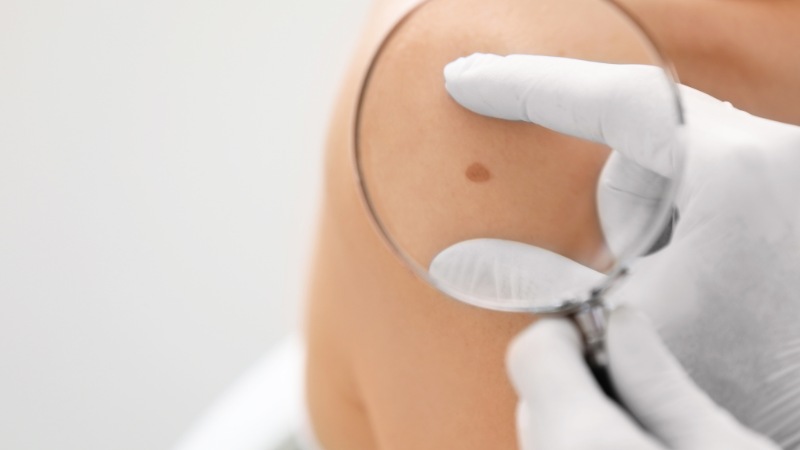
Skin cancer
6 Infection
UV radiation can cause inflammation and skin damage, leading to swelling, redness, and pain. These symptoms are part of the skin’s natural healing response to sun damage.

Infection
7 Dry Skin
Direct exposure to sunlight can cause loss of moisture and natural oils, resulting in dehydration and the formation of dry, rough patches on the skin. A study on elderly individuals in Japan demonstrated a significant increase in the skin’s moisture levels after 18 months of regular sunscreen use.
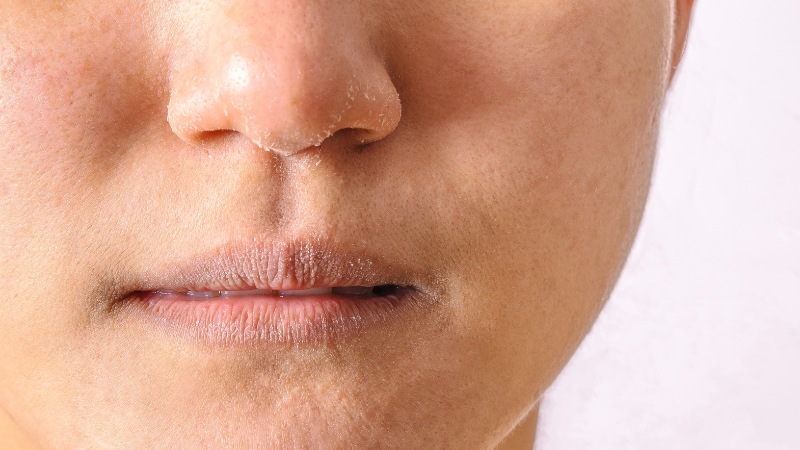
Dry skin
8 Scarring
Sunlight can cause scarring when wounds heal or when acne is exposed to UV rays. Exposure to UV rays during healing can lead to post-inflammatory hyperpigmentation (PIH) and the formation of dark brown scars. Broad-spectrum sunscreen has been found effective in controlling post-inflammatory hyperpigmentation and melasma.
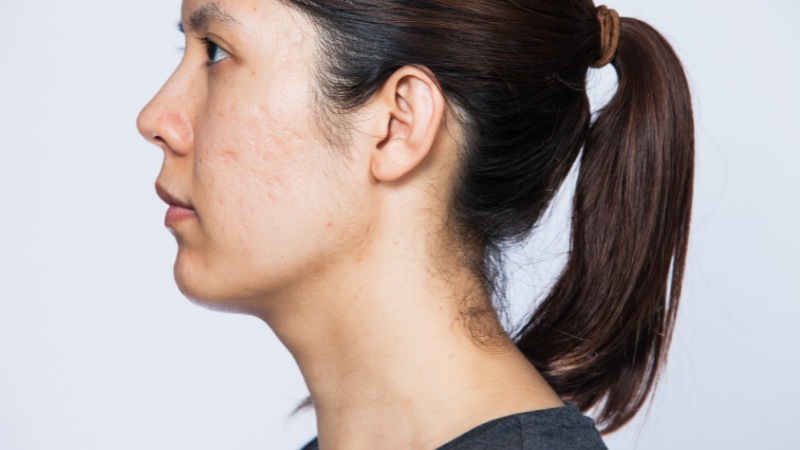
Scarring
9 Burst Blood Vessels
UV rays can damage small blood vessels under the skin, leading to bleeding, swelling, and redness. Sunscreen use has been shown to improve blood vessel health and help prevent dilated blood vessels caused by UV radiation.
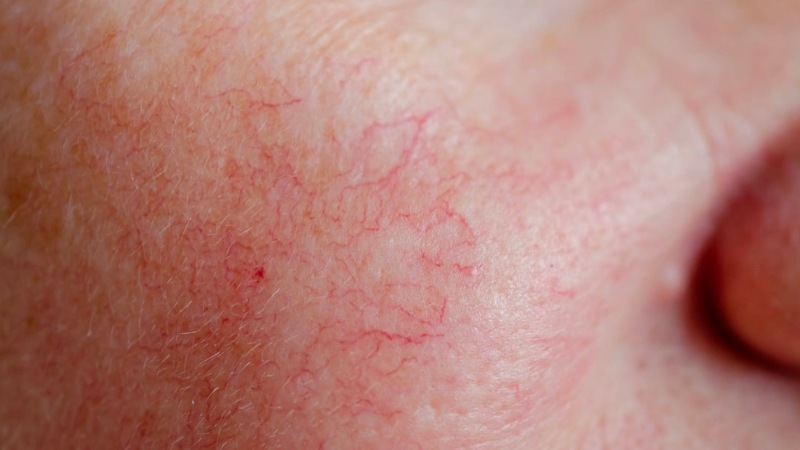
Burst blood vessels
10 Weakened Immune System
UV radiation affects the distribution and activity of immune cells on the skin, hindering the immune response. This can result in a weaker immune system compared to regular sunscreen users.
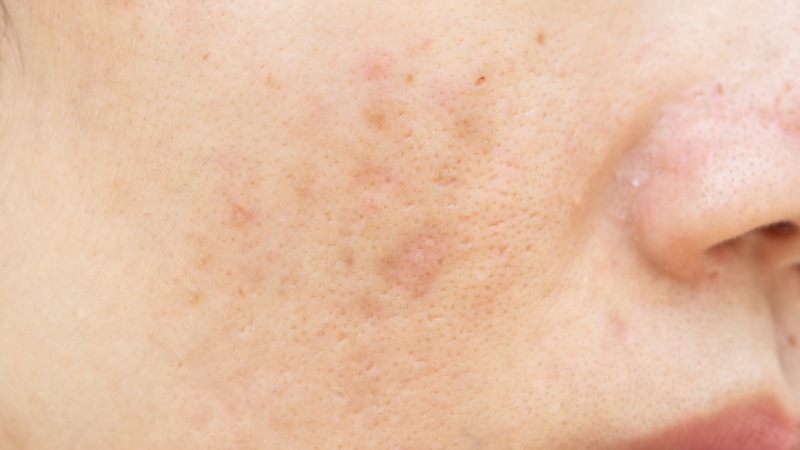
Weaker immune system than regular sunscreen users
UV rays harm the skin in various ways, emphasizing the importance of daily sunscreen application as an essential step in skincare.
5 Tips on How to Maximize the Benefits of Obagi Nuderm Fx for Balanced Skin Tone
Unveil the secrets for unlocking the full potential of Obagi Nu-derm Fx, the specialized skin care range created to tackle the visible effects of aging! Identify how this anti-aging range can help lighten dark spots and reduce the appearance of wrinkles with the guidance provided in this helpful article.




























